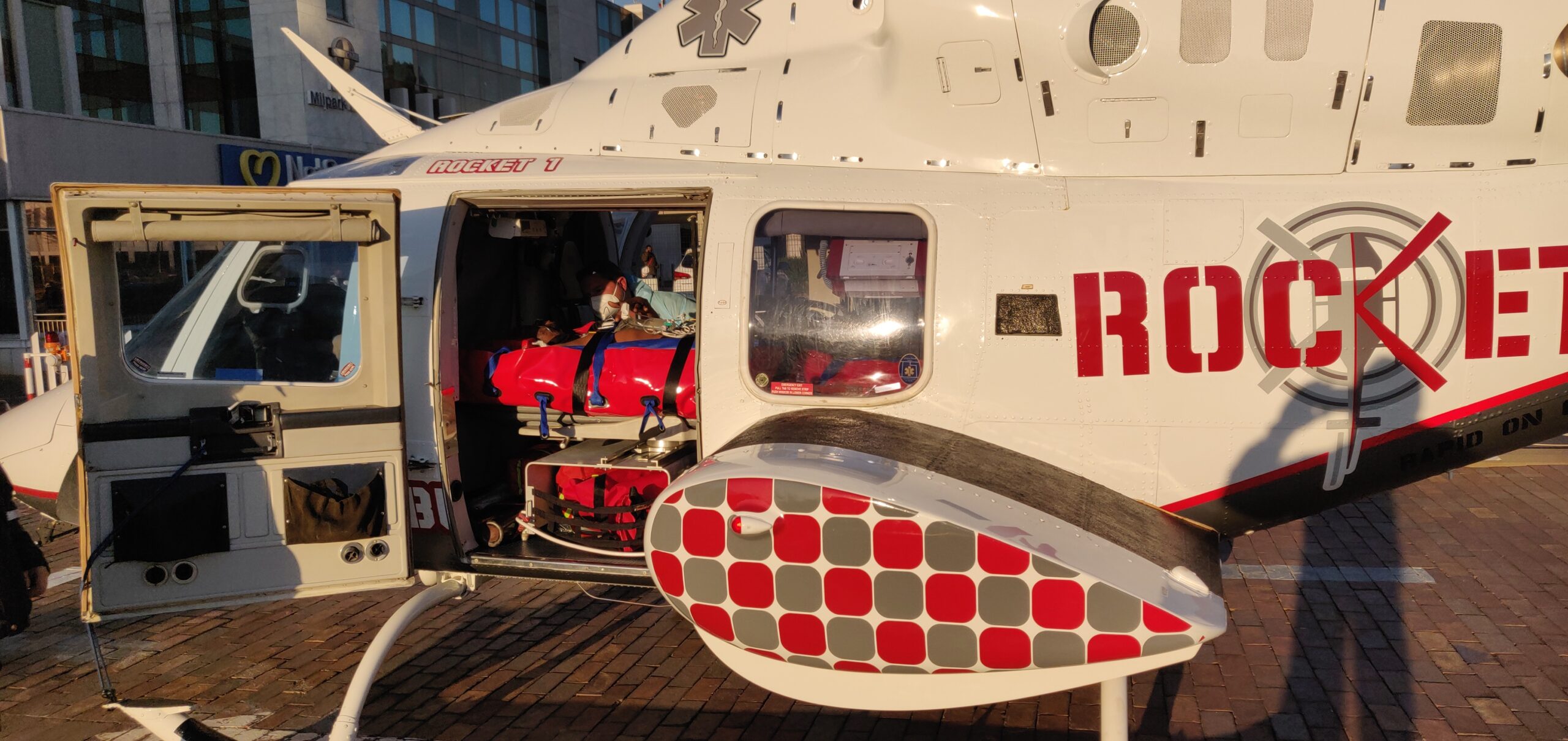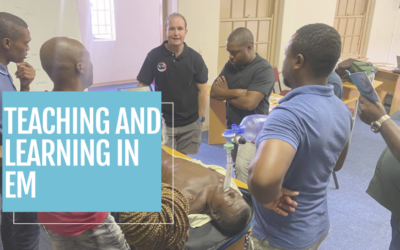Transporting post cardiac arrest patients between facilities is one of the most challenging and high-stakes tasks in critical care retrieval. The risks during interfacility transport (IFT) are significant—clinical deterioration, rearrest, and even subtle mismanagement can have profound impacts on patient outcomes.
The good news is that with preparation, standards of care, and teamwork, we can turn this high-risk period into a window of opportunity for better patient outcomes.
🔑 Here’s what every critical care retrieval provider needs to keep in mind:
1️⃣ Stabilize Before You Mobilize: Ensure airway, ventilation, and hemodynamics are optimized before transport. Address any reversible conditions like pneumothorax.
2️⃣ Oxygenation, Not Hyperoxia: Keep SpO₂ between 92%-98%. Avoid hyperoxia to prevent brain injury, but prioritize avoiding hypoxia during transit.
3️⃣ Preemptive Planning Pays Off: Use defibrillator pads, mechanical CPR devices, and appropriate vascular access before transport to mitigate risks.
4️⃣ Advanced Airway, Expertly Secured: An advanced airway device should be secured before transport, with backup plans for dislodgement or failure.
5️⃣ Temperature Matters: Maintain consistent temperature control to avoid accidental rewarming or overshooting hypothermia targets.
6️⃣ Sedation and Comfort: Use sedation to prevent ventilator desynchrony and agitation. Neuromuscular blockade may help in certain cases but requires deep sedation monitoring.
7️⃣ Clear Communication Saves Lives: Structured communication between transferring and receiving teams ensures consistent care and avoids dangerous gaps.
8️⃣ Equity and Inclusion: Advocate for equitable care and access to transport services, regardless of geography or socioeconomic factors.
💡 Why it Matters: This period of care isn’t just about “getting the patient there.” It’s about actively managing the transition and preventing the complications that can derail recovery, and good neurological outcomes.
Inter-hospital transfers are FAR more than just moving a patient—they are about ensuring continuity of critical care under the most challenging circumstances.
📚 We have to keep building the systems, sharing the knowledge, and honing the skills that make this possible!
May, T.L., Bressler, E.A., Cash, R.E., Guyette, F.X., Lin, S., Morris, N.A., Panchal, A.R., Perrin, S.M., Vogelsong, M., Yeung, J., and Elmer, J. (2024) ‘Management of patients with cardiac arrest requiring interfacility transport: A scientific statement from the American Heart Association’, Circulation, 150(e316–e327). Available at: https://ahajournals.org (Accessed: 7 January 2025).




